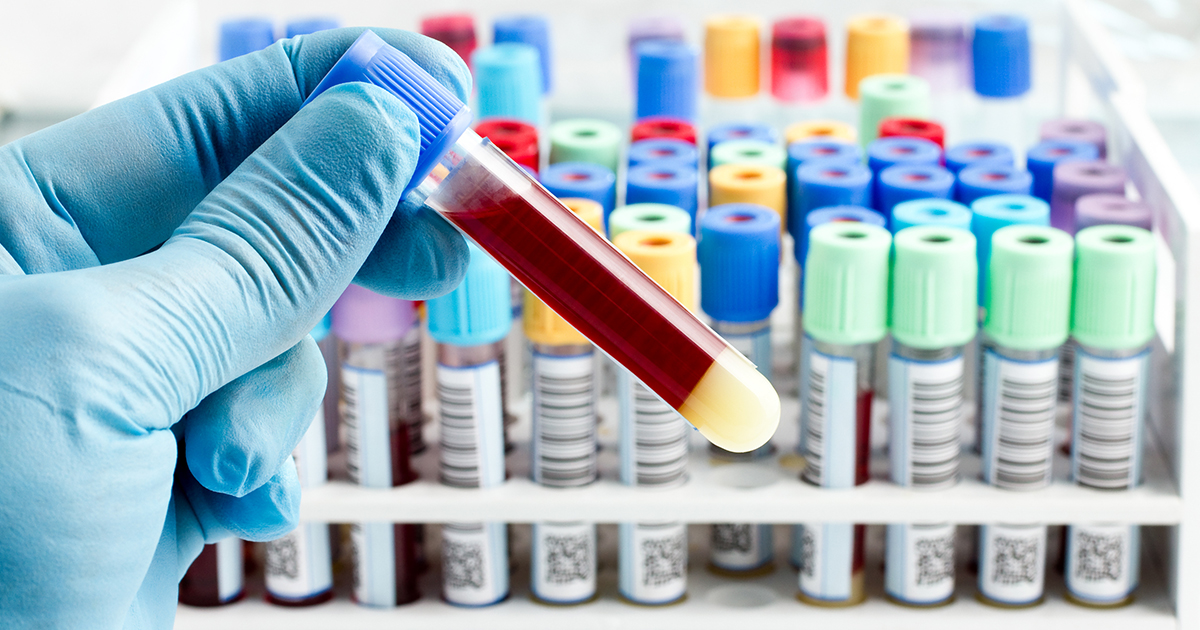U.S. VIRGIN ISLANDS – Acting Health Commissioner Dr. Nicole Craigwell-Syms is announcing the successful completion of the VI Department of Health’s pilot testing phase of the “Safe Haven – A Lead-Free Families Initiative” program. Results from the pediatric lead testing of 64 Alfredo Andrews Elementary School students in Granny Pre-K, first and second grade all returned negative for lead in the blood.
The “Safe Haven” initiative is designed to safeguard the health of vulnerable populations amidst concerns about lead exposure. Testing was conducted by the department’s Epidemiology and Communicable Diseases divisions.
Acting Commissioner Craigwell-Syms is further announcing the expansion of free pediatric lead testing to St. Croix’s general zero-to-six-years population beginning on Monday, Nov. 6. The VI Department of Health’s objective is to test 1,000 children on St. Croix to establish a baseline of current exposure levels as the Territory progresses toward a lead-free future.
Free pediatric lead testing will be available from 8:30 a.m. to 5 p.m., Monday to Friday, at the Community Health van located adjacent to the department’s modulars in Estate Richmond, Christiansted. Pre-registration is required for testing. Parents or guardians can register their child online at the department’s portal: Lead Testing Gateway | Beacon USVI https://health.usvi.care/pediatric-lead-testing.html
“Offering pediatric lead testing to the general population of zero-to-six-year-olds is a crucial step in ensuring the public health and safety of our community,” said Acting VI Health Commissioner Nicole Craigwell-Syms. “By identifying lead exposure early, we can take necessary steps to prevent adverse health effects in children.”
Children under the age of six are still developing rapidly, and lead exposure can adversely affect their brain, nervous system, growth, development, and overall behavior. Lead exposure has been linked to attention deficits, hyperactivity, and lowered IQ levels in children. Early identification of lead in the blood is key to reducing the long-term effects of lead exposure. Often, lead poisoning may not manifest visible symptoms, making blood lead tests crucial for diagnosis.
The initial capillary blood lead test, obtained through a simple finger-prick sample, provides the first step in checking a child’s blood for lead content. If the capillary blood lead test yields positive results, the VI Department of Health will promptly contact the parent or guardian to recommend follow-up testing.
The department is advising that all other individuals, including pregnant women, should see their private provider or visit the Frederiksted Healthcare Center or the St. Croix Clinical Laboratory for lead testing.
In response to concerns about elevated levels of lead and copper in St. Croix’s potable water system, Governor Albert Bryan Jr., on Monday, Oct. 30, declared a State of Emergency for the island of St. Croix, as a precursor to securing a federal declaration. The Department of Planning and Natural Resources and the VI Department of Health, alongside VITEMA and the VI Water and Power Authority, are leading the response effort.
Residents with health concerns related to lead exposure and testing may call the
Department of Health hotlines from 8 a.m. to 5 p.m., Monday through Friday. For assistance, please contact us at 340-712-6299 or 340-776-1519.
Our Mission: “To Reduce Health Risks, Increase Access to Quality Healthcare, and Enforce Health Standards”

